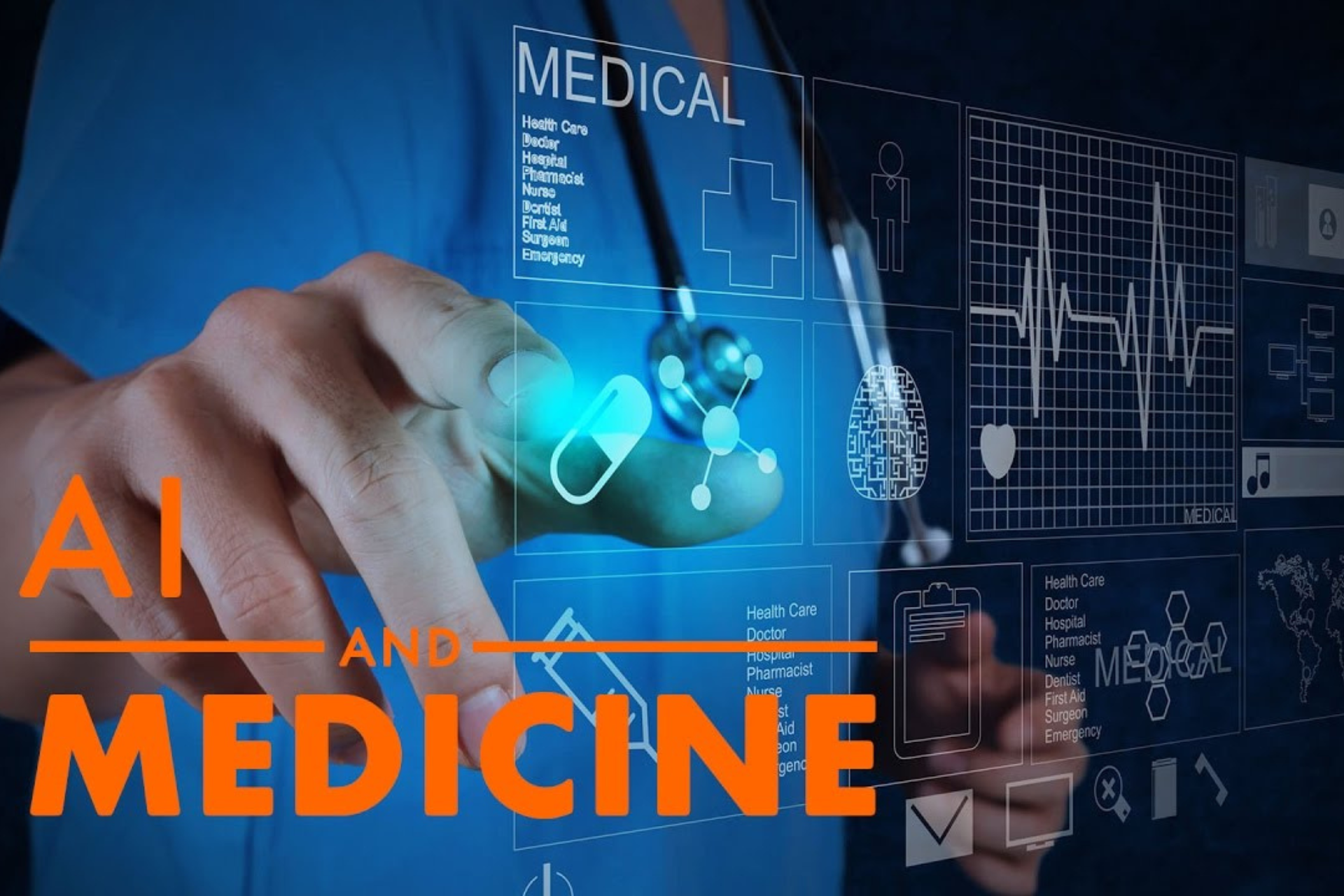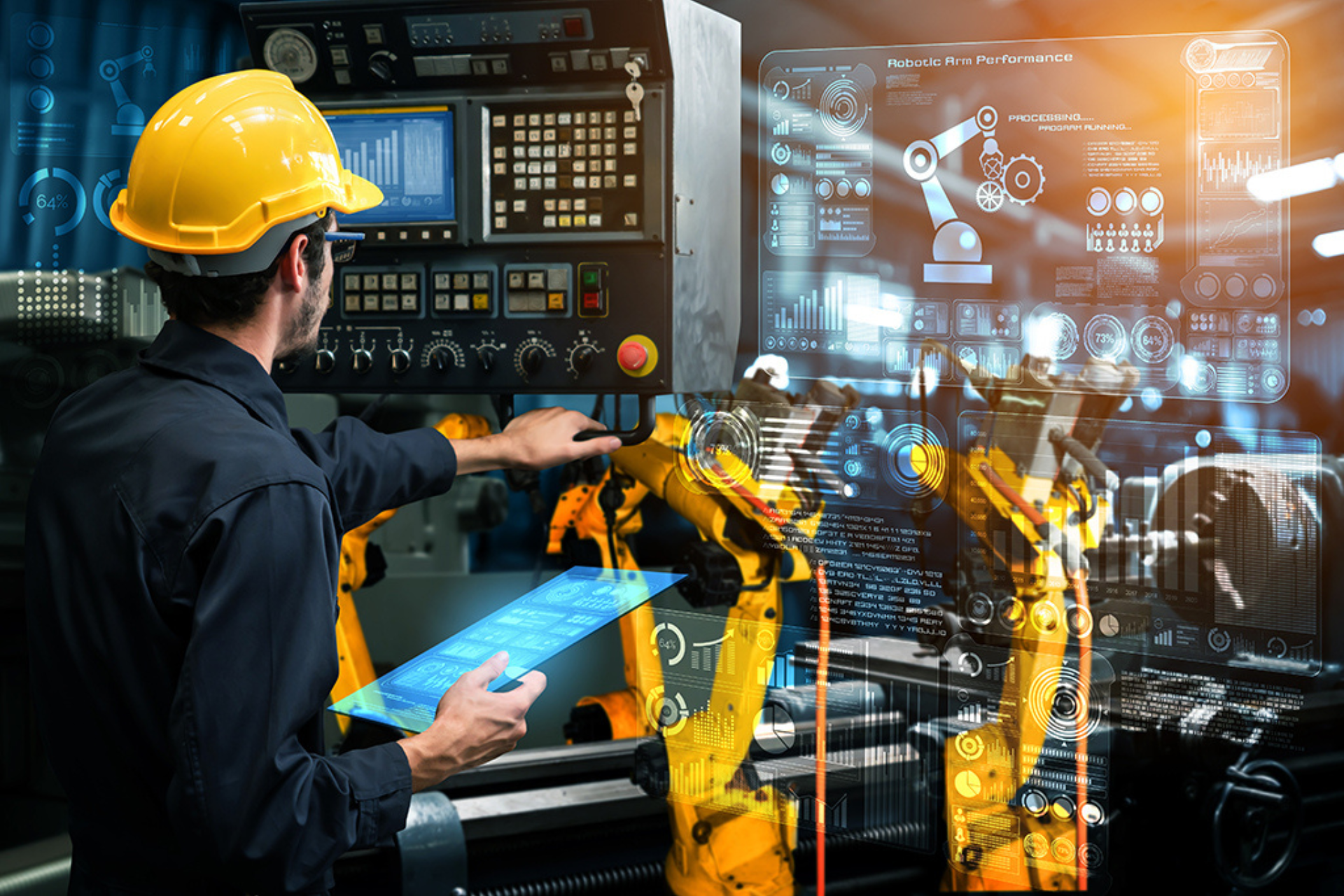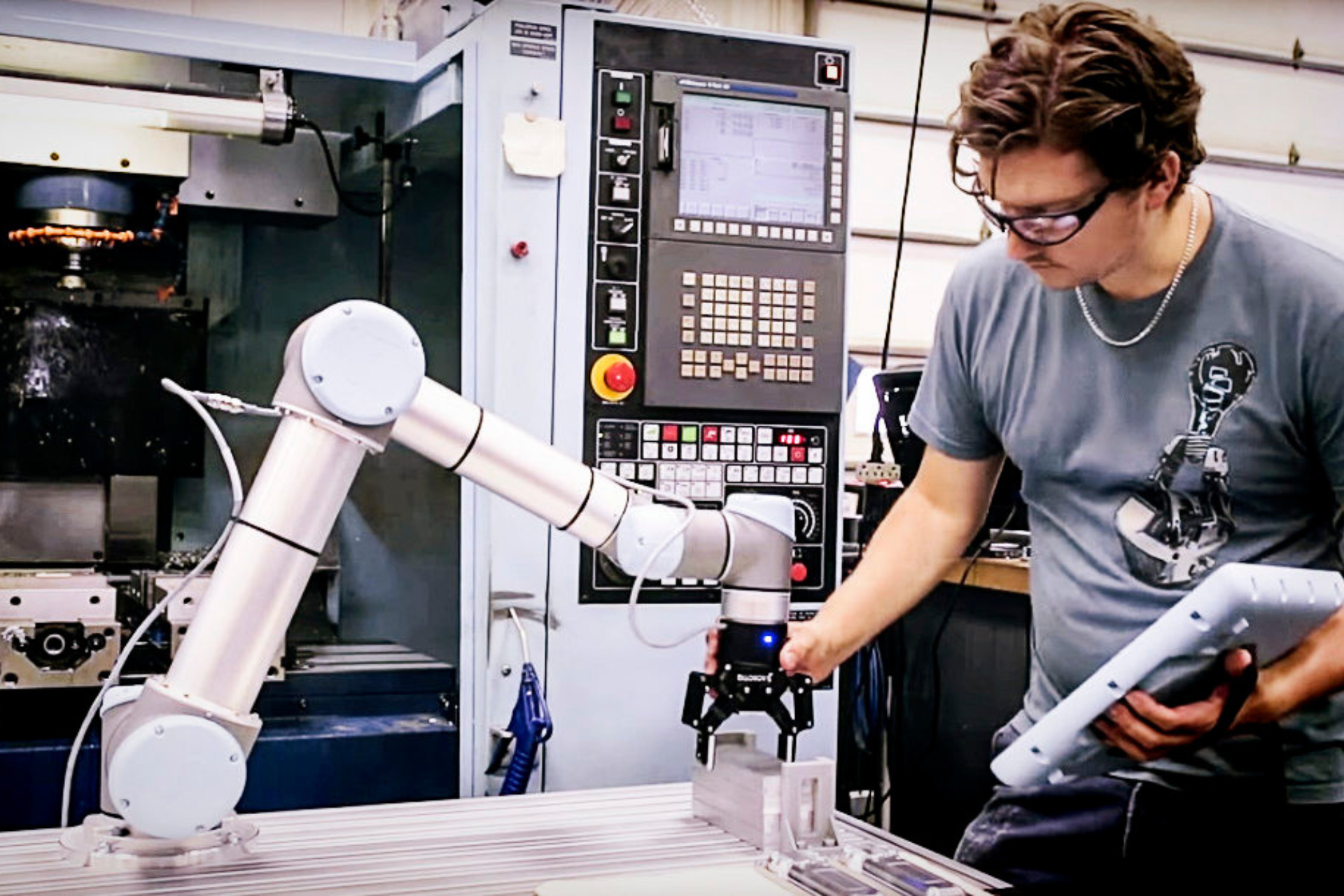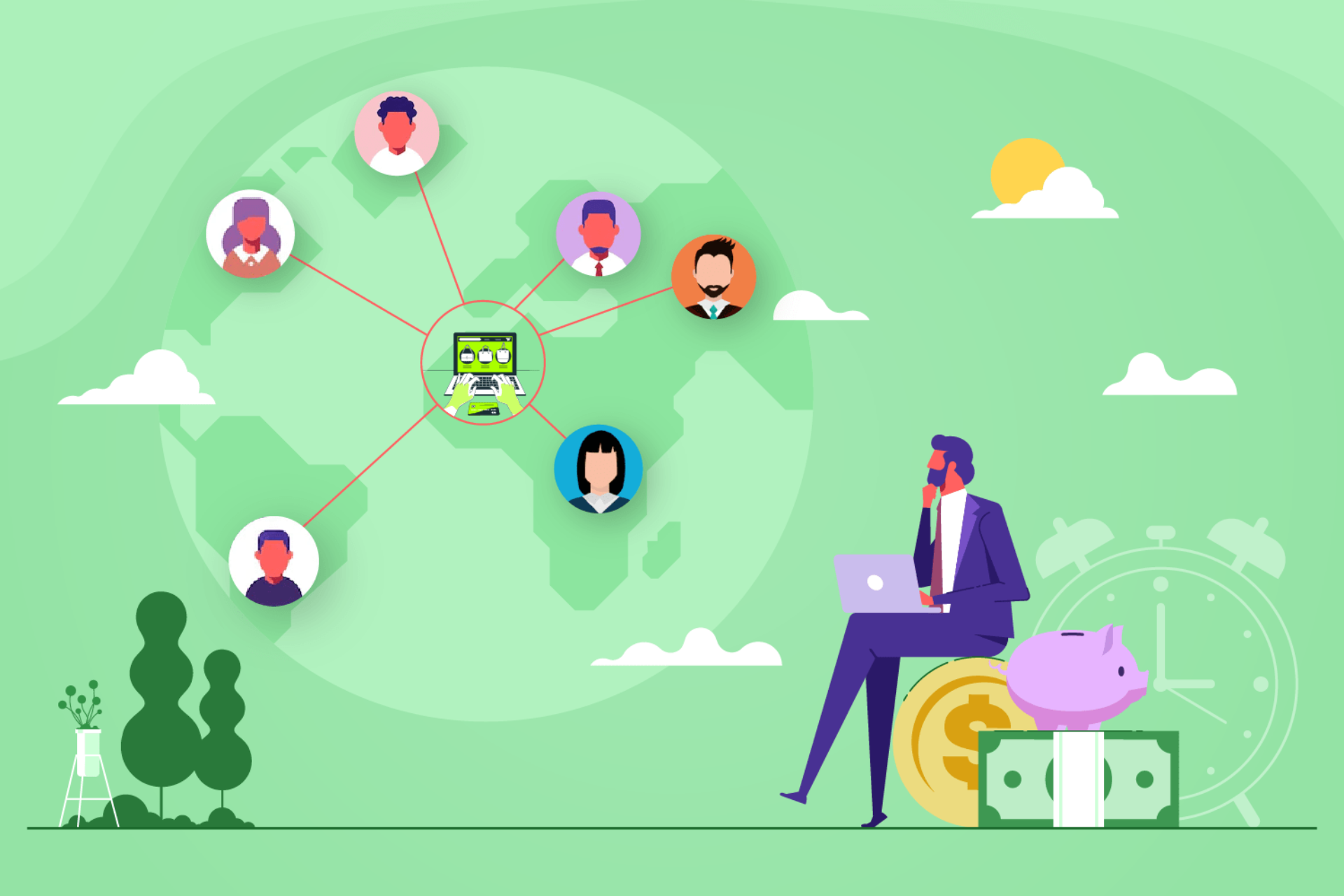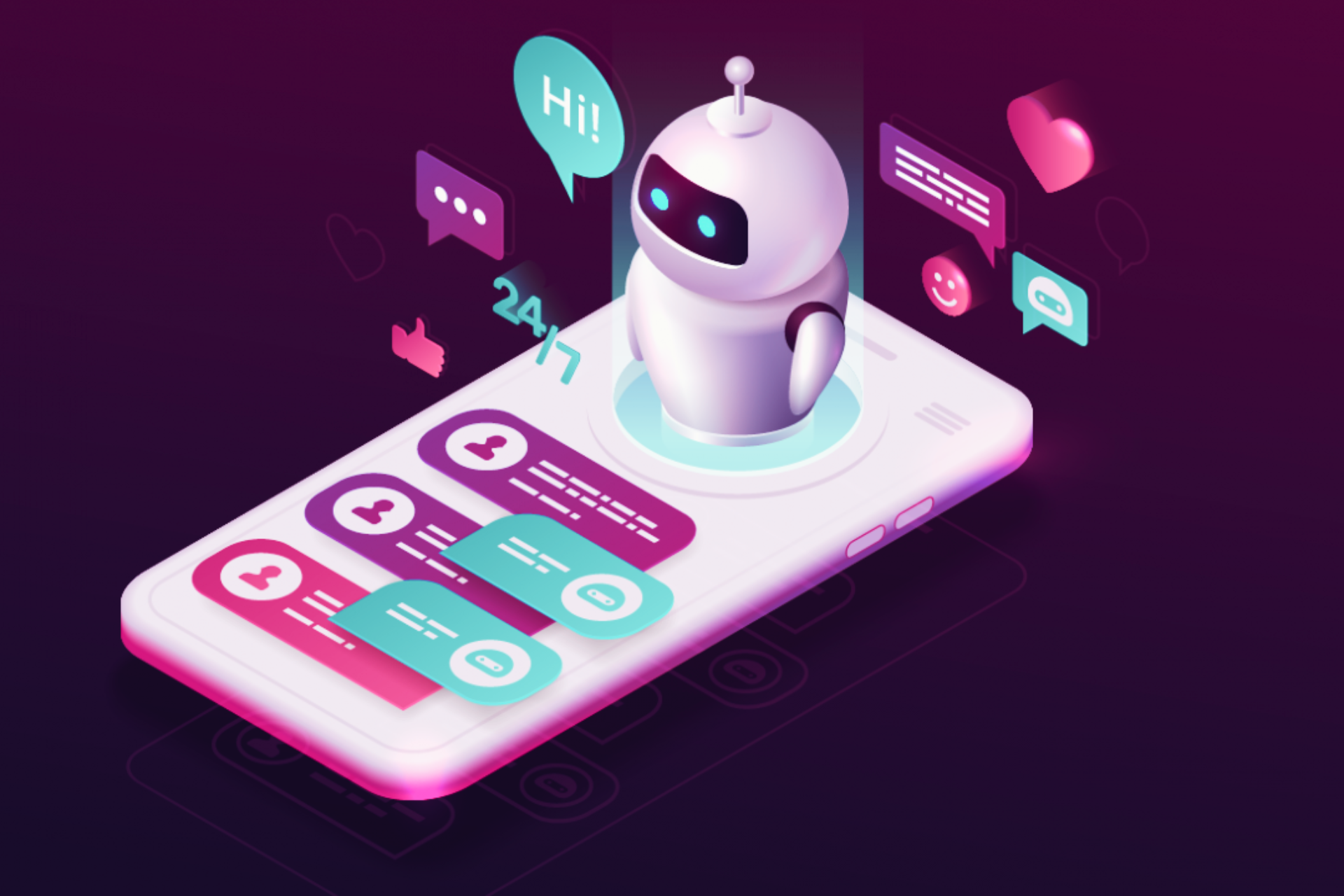Deep learning revolutionizing the field of early disease detection.
- Home
- Case Study
- Deep learning revolutionizing the field of early disease detection.
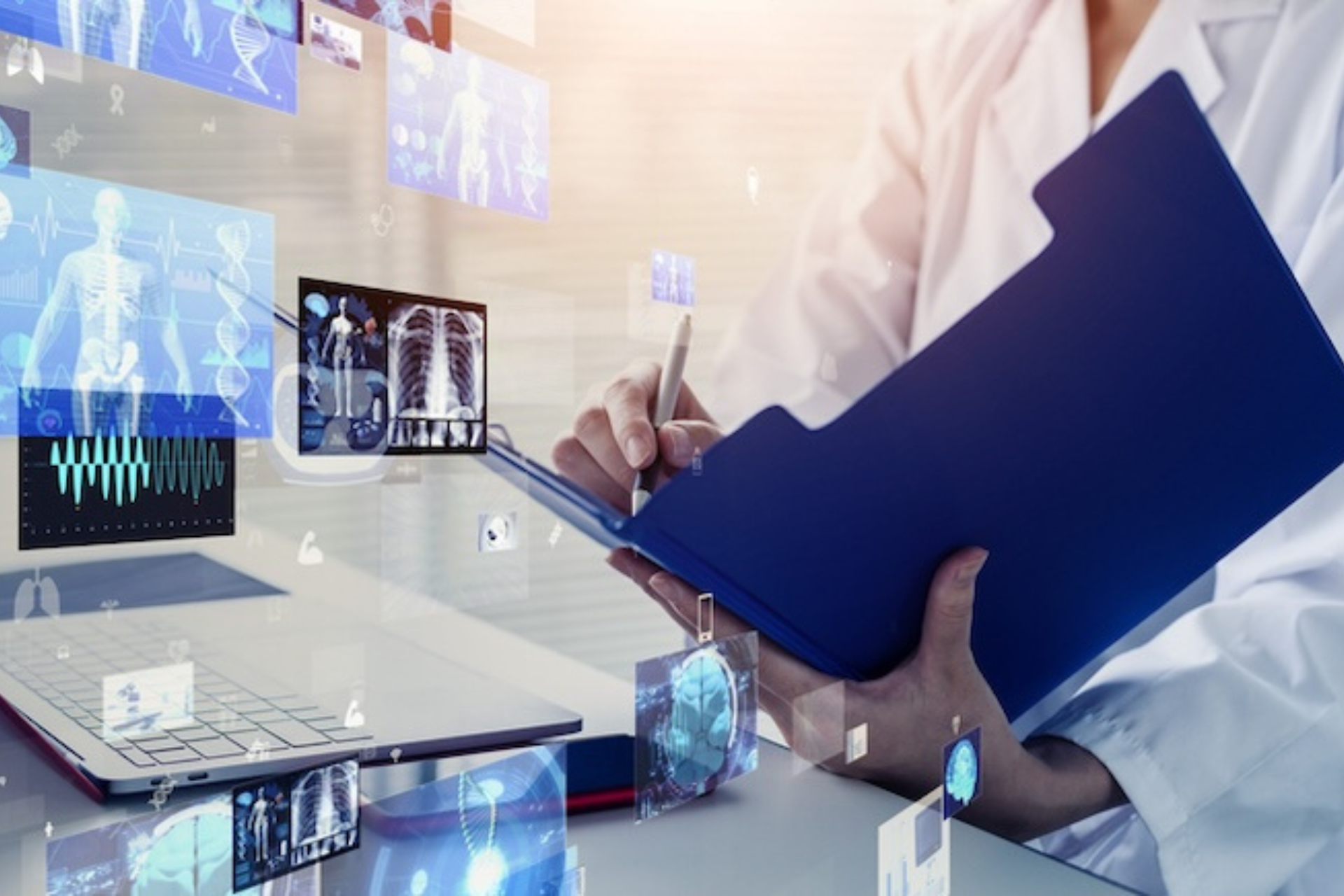
The human body whispers secrets before it shouts. Early signs of disease often lurk beneath the surface, waiting to be unraveled. For decades, medical professionals have relied on their keen eyes and experience to decipher these whispers through medical imaging. But what if there was a way to amplify these whispers, to make them scream for attention? Enter deep learning, a form of artificial intelligence (AI) that's revolutionizing the field of early disease detection.
Demystifying Deep Learning
Imagine a complex web of interconnected neurons, constantly learning and adapting. That's essentially what a deep learning algorithm is. These algorithms are trained on massive datasets of medical images – X-rays, MRIs, CT scans – allowing them to identify subtle patterns invisible to the human eye. Over time, they become experts at recognizing the hallmarks of various diseases, even in their earliest stages.
A Game Changer for Early Detection
Deep learning offers a multitude of benefits when it comes to early disease detection:
Precision with a Scalpel: Deep learning models can analyze vast amounts of data with far greater speed and accuracy than humans. This translates to a sharper eye for detail, potentially catching anomalies that might slip through the cracks during traditional analysis.
Boosting Sensitivity: Subtle changes in tissue density, the telltale signs of early disease formation, can be easily missed by human eyes. Deep learning's ability to detect these minute variations allows for earlier and more accurate diagnoses, particularly for diseases like cancer.
Lightening the Load: Radiologists, the detectives of the medical world, often face heavy workloads. Deep learning can automate some of the repetitive tasks involved in image analysis, freeing up radiologists' time to focus on complex cases, patient interaction, and strategic decision-making.
Deep Learning in Action: Illuminating Different Diseases
The potential of deep learning extends across various medical specialties:
Cancer Crusaders: Deep learning models are being trained to analyze mammograms for signs of breast cancer, CT scans for lung nodules, and prostate biopsies for early detection.
Guardians of the Brain: These models can analyze brain scans to identify early signs of Alzheimer's disease, and Parkinson's disease, and even predict the risk of stroke.
Eye for Detail: Early detection of diabetic retinopathy, a leading cause of blindness, is crucial. Deep learning can analyze retinal images to identify this condition before vision loss occurs.
Challenges and Considerations
While the potential of deep learning is undeniable, there are hurdles to overcome:
Data, Glorious Data: Deep learning models are data-hungry beasts. The accuracy of these models heavily relies on the quality and size of training data. Ensuring access to clean, diverse, and ethically sourced medical data is paramount.
Regulatory Roadblocks: The use of AI in healthcare needs to be rigorously evaluated and regulated. Ensuring transparency, accountability, and addressing potential biases in the algorithms are crucial steps before widespread adoption.
Human Touch Endures: Deep learning is a powerful tool, but it's not a replacement for human expertise. The ideal scenario involves radiologists working alongside AI, leveraging each other's strengths for optimal patient care.
The Road Ahead: A Brighter Future for Healthcare
Despite the challenges, the potential of deep learning in medical imaging is undeniable. As research continues and technology evolves, we can expect even greater breakthroughs:
Personalized Medicine: Deep learning can be used to analyze not just images, but a patient's entire medical history, genetic makeup, and lifestyle factors. This paves the way for a future of personalized medicine, with tailored treatment plans based on individual needs.
Democratizing Early Detection: Deep learning algorithms can be embedded into mobile devices, allowing for early disease screening even in remote areas with limited access to healthcare facilities.
The future of healthcare is being shaped by the power of deep learning. By harnessing this technology, we can unlock a future where diseases are caught early, interventions are more precise, and patient outcomes are significantly improved. This is not just about seeing through time; it's about rewriting the future of health, one early detection at a time.


